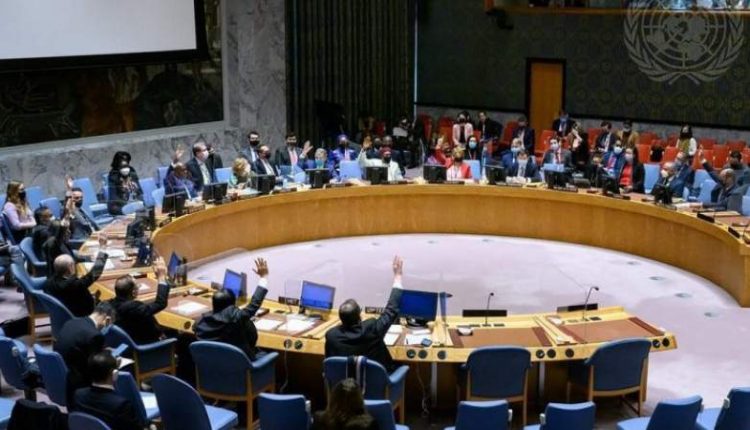Member of Supreme Political Council Accuses Security Council of Turning Away from Suffering of Yemenis
Member of the Supreme Political Council in Sana’a, Mohammed Ali al-Houthi, accused the Security Council of relying on social media and being out of touch with the suffering of Yemenis.
“It is better if the Council demanded the US-Saudi aggression to release salaries to all Yemeni employees, deliver aid to those who deserve it, stop aggression, lift the siege, and compensate the people of Yemen,” he said.
He stressed that thses demands are the least expected from the Security Council.
The briefing of the UN envoy to Yemen cast heavy shadows on the political and economic scene in the country, as part of a seemingly endless rumination process to continue the war and blockade.
The briefing of Hans Grundberg contained many inaccuracies about the reality of what was happening.
In addition to the envoy’s ovation of opening limited flights between Sana’a airport and Jordan, and showing that step as an achievement to be reckoned with for Saudi Arabia, Grundberg shuffled the cards with regard to the war of starvation that the people of Yemen are being subjected to, at the hands of the coalition.
This is by calling on “the parties in Yemen to immediately de-escalate economically and address near- and longer-term economic priorities,” according to the UN envoy, in a briefing to the UN Security Council on Monday.
From the first day of aggression against Yemen the UN stands silent towards US-Saudi war crimes and violations with only cold statements of the UN envoy to Yemen.
The UN continues to exploit the war on Yemen by collecting donations in the name of saving the Yemeni People.
Every now and then, the body issues many reports about the extent of the bad humanitarian situation in Yemen, reporting on malnutrition among children and pregnant mothers in order to collect financial donations.
The organization did not talk about the effects of the war imposed on Yemen over the past eight years. Rather, it worked to mislead the international community by talking about a “civil conflict” away from the existence of a large international coalition wagging a war on Yemenis.
Meeting the humanitarian needs of citizens and reporting on record levels on child malnutrition and the threat of famine in Yemen, as a result of what it describes as conflict, was the most common slogan promoted by the UN to obtain funds.
Observers said that the humanitarian aid donated by donor countries to Yemen is not a solution, stressing that the best solution is to stop the war on Yemen. They also indicated that the flow of financial aid from donor countries through organizations or the pro-aggression government has not changed anything over the past years.
Many international reports confirmed that the UN spends nearly 70% of the financial grants provided as aid to the Yemeni people on its operating expenses, while a report of the United Nations experts accused the pro-aggression government of corruption and money laundering.

